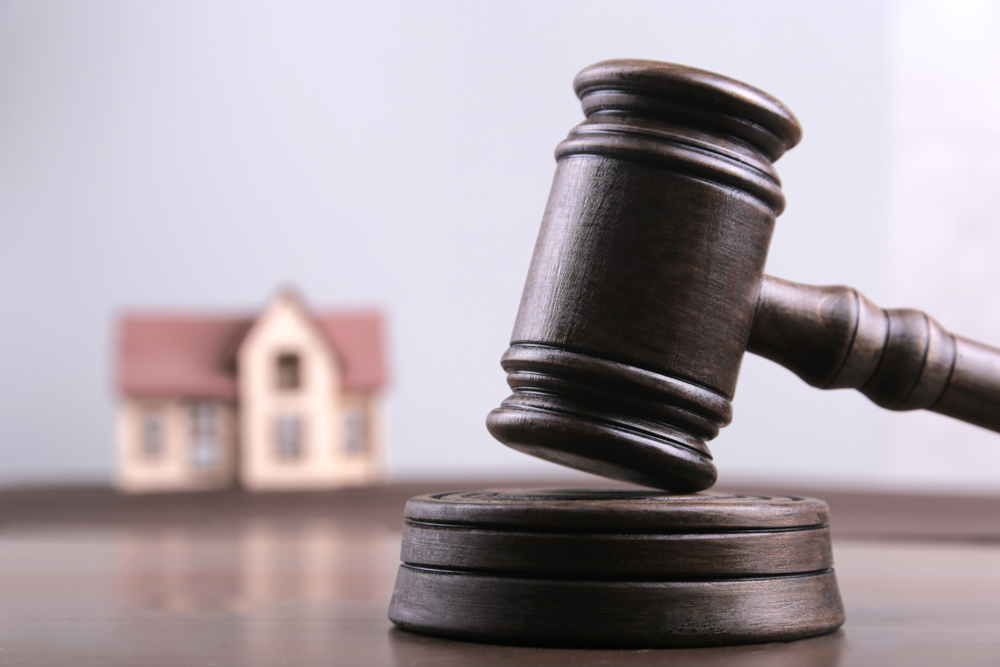
If you own your home, the bankruptcy homestead exemption allows you to protect some or all of your investment. As long as you have home equity – meaning that the value of your property is greater than the amount you owe your mortgage lender – you can claim the exemption.
To understand how it works in Utah in both Chapter 7 and Chapter 13 bankruptcy, read on.
The Utah Bankruptcy Homestead Exemption
In Utah, homeowners who file bankruptcy can protect up to $30,000 of the equity in their primary personal residency or up to $5,000 of the equity in another property. The exemption can also protect more than one tract or parcel of land, but only up to one acre in total.
Married couples who file joint Chapter 7 or Chapter 13 bankruptcy petitions in Utah can protect twice as much home equity – up to $60,000 in value — as the homestead exemption amounts double.
Sizing Up the Bankruptcy Homestead Exemption Situation
For a clear idea of how the Utah bankruptcy homestead exemption works, consider an example.
Let’s say that your home has a value of $300,000 and you currently owe your mortgage lender $270,000. In that case, your equity is $30,000, which is equal to the amount you can exempt. So, whether you file for Chapter 7 bankruptcy or Chapter 13, your property is fully protected.
Now, let’s assume the same home value, but change your mortgage balance to $200,000. The equity is now $100,000 – and you can only protect up to $30,000 as an individual or up to $60,000 if you file for Chapter 7 with your spouse. So, the bankruptcy trustee will sell the property and use the proceeds to pay your unsecured creditors. You can keep the home by filing for Chapter 13, but the nonexempt amount will be included in your three-to-five year payment plan.
Consult with an Experienced Utah Bankruptcy Attorney
In addition to the homestead exemption, Utah also has a motor vehicle exemption that allows you to protect up to $5,000 of the equity in one vehicle as a single filer or up to $10,000 if you file for bankruptcy with your spouse. The state also has a tools of the trade exemption and exemptions for personal property, disability benefits and reasonably necessary alimony and child support. Judgements, settlements and insurance proceeds may also meet the Utah bankruptcy exemption requirements.
To protect all of the property you can legally protect, work with an experienced local bankruptcy attorney – like the professional team at the Law Office of Davis & Jones.
Chapter 7 and Chapter 13 laws are complex, and filing Utah bankruptcy exemptions incorrectly can result in the seizure and sale of your property. That won’t happen with our lawyers on your side. We’ll make sure your case goes smoothly, and the process of filing for bankruptcy will be as easy as possible on you.
For more information on the Utah bankruptcy homestead exemption, or to schedule a free consultation at the Law Office of Davis & Jones, P.C., contact our Salt Lake City office today.